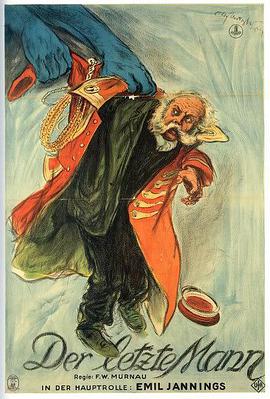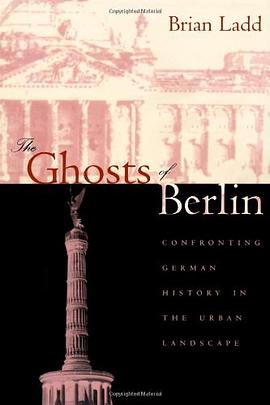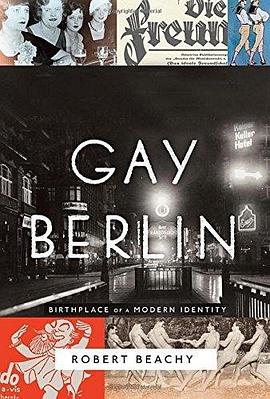最卑贱的人 (1924) TMDB 维基数据 IMDb 豆瓣
Der letzte Mann
8.5 (73 个评分)
导演:
F·W·茂瑙
演员:
埃米尔·雅宁斯
/
梅丽· 戴尔沙夫特
…
其它标题:
Der letzte Mann
/
最后一笑
…
本片主人公(爱米尔·强宁斯 Emil Jannings 饰)是一所大旅馆的看门人,一直以来他都为这份体面的工作感到自豪。当他下班后穿着神气的制服,回到自己所居住的贫民区时,邻居们都会向他投来羡慕的眼光。新一天开始了,如常上班的他却被告知老板要辞退他,因为他年纪太大了。但念在他工作多年的份上,老板把他调去打扫厕所,还要收 回他的金边制服。他一下子从神气十足的看门人变成了低三下四的厕所清洁工。不能接受这个事实的他,夜里潜入旅馆把制服偷了回来。他穿着制服去参加侄女的婚礼,没有把被调职一事告诉亲朋好友。很快,他的秘密被别人知道了,大家纷纷嘲笑他。他再也没有颜面去面对别人了,于是跑回旅馆归还了制服,失魂落魄地坐在厕所中。然而故事并没有就此结束……
影片改编自果戈里的小说《外套》。
影片改编自果戈里的小说《外套》。



